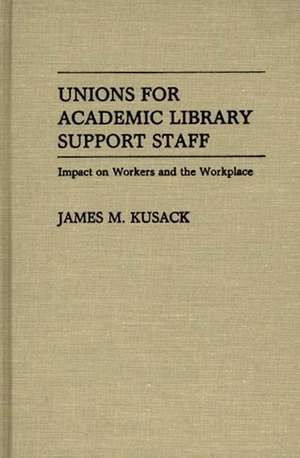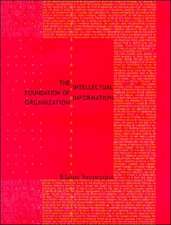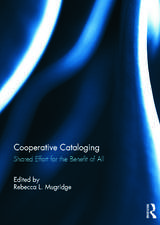Unions for Academic Library Support Staff: Impact on Workers and the Workplace: Bibliographies and Indexes in Women's Studies, cartea 10
Autor James Kusacken Limba Engleză Hardback – 20 oct 1986
In this first book-length study of collective bargaining by library support staff employees, Professor Kusack addresses issues that will help to determine the future of the nation's academic libraries. He begins by discussing current trends and the history of collective bargaining in university libraries. The collective bargaining literature dealing with white collar and clerical employees is reviewed, and implications for libraries--especially possible changes in compensation levels and shifts in productivity--are considered. The results of a comparative study of more than 200 university libraries with and without staff unions are presented in detail. The analysis provides information on how unionization affects compensation patterns, selected employment policies and practices, and personnel and budget characteristics; and it examines the relationships between environment variables, including the type of institutional control and the level of unionization in the state and region. Finally, the author summarizes the results and possible implications of this and other research and suggests techniques and areas for study that might prove productive.
Preț: 403.37 lei
Preț vechi: 559.45 lei
-28% Nou
77.18€ • 80.80$ • 63.87£
Carte tipărită la comandă
Livrare economică 05-19 aprilie
Specificații
ISBN-10: 0313249911
Pagini: 121
Dimensiuni: 140 x 216 x 10 mm
Greutate: 0.3 kg
Editura: Greenwood Press
Colecția Praeger
Seria Bibliographies and Indexes in Women's Studies




















